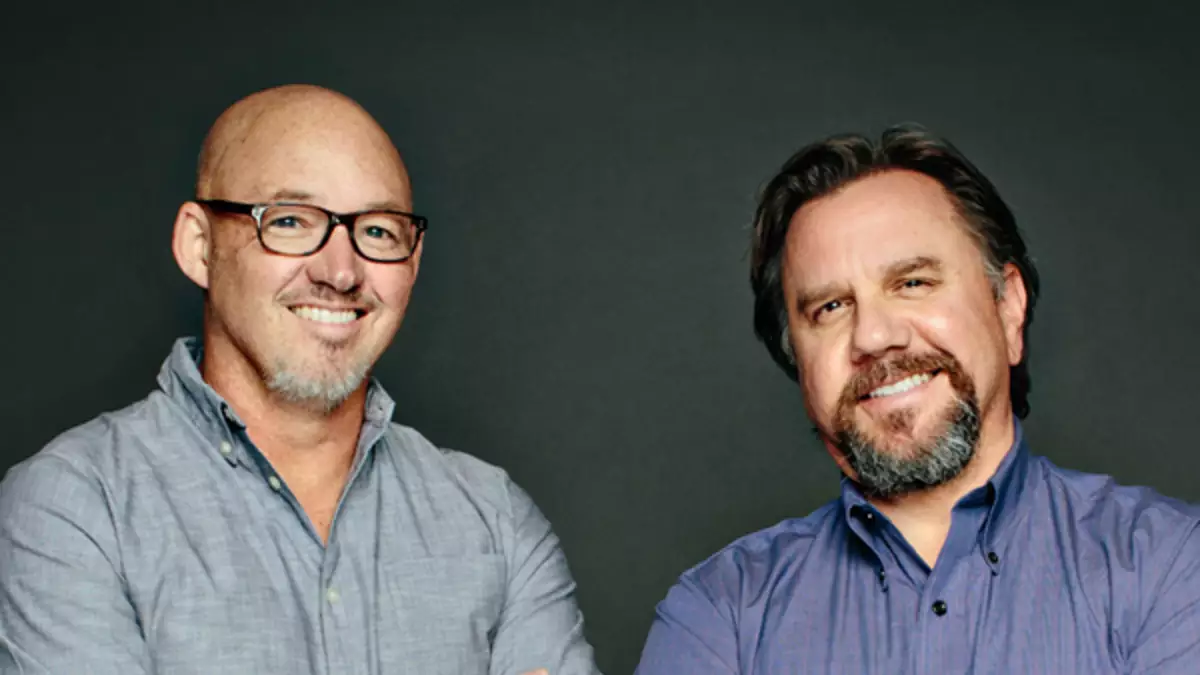Radio is teamwork. Being on a team show can be so much more fun. But certain dynamics make a team show work.
You can’t be parrots of each other. You must be able to speak your truth and hear the statements of the other individual on the show. There must be a yin/yang situation.
You need to be vulnerable. Not scared to be called out for an observation that could be considered silly, crazy, or unreasonable. This cannot be faked.
Watch any show on Fox News, NBC, or Netflix. There is drama. There is a natural conflict between the characters or participants. I swear, I hear shows that have zero friction.
I was listening to a country morning show that has been on in a great market for years. The show was no longer throwing a fastball. It was just nice. No conflict, nothing interesting being said. The host and co-host were talking about how nice Luke Combs was. Ok, that is nice but not fascinating. There was no hook to keep me listening. The segment lay there like a doormat. There must be some drama. What did these people do last night? Did one of them have an issue with a spouse, kid, or friend?
Howard Stern has been the master of having a show driven by drama. In Howard’s earlier days, he would say something totally unhinged and Robin Quivers came in to save the day. Robin laughing would tell Howard that he could not say that crazy line. No matter how offensive the observation was, Robin’s ability to soften the blow made Howard seem likable and honest. Now, your show is not like The Howard Stern Show, but it gives you a template to replicate.
Someone on your show must be willing to be the instigator while the other comes across as a voice of reason. There must be something. Figure out this aspect of your show. This allows it to become viral at the office or at lunch that day. Listeners will become cheerleaders. Some will take the instigator’s side and others the voice of reason. It doesn’t matter which side people are on, the important thing is that your show is getting talk.
My first Program Director job was for Bill Dunnavant’s WVNN. Bill was an astute owner and General Manager. He gave Sean Hannity his first job as a talk show host. Bill had a rule: If a listener came up to him complaining or praising a talk show host, Bill was happy. If someone came up to him saying that a show was ok, Bill knew that he had a problem. We are in talk radio. Listeners should have polarizing opinions of the hosts.
There was a study on listeners of Rush Limbaugh in the 90s. One of the stats showed that a large portion of Rush’s audience were people who hated him. Some who hated him just wanted to monitor the person that they despised. Of course, as much as the haters listened, the individuals who loved Rush were there in droves. If Rush just did a nice show, would he have been as popular? No!
When you are doing a team show, ask yourself these questions: Are you having fun? Will you call out your on-air partner’s crap? Can you make fun of each other? When was the last time that you laughed on the show? Are you doing a show? I am not in the room with you. As I write often, the worst lie that you can ever tell is the one that you tell yourself.
Does your show have friction? It does not need to be with anger. Are you having a real discussion on the air? Have you ever told your on-air partner that their opinion or observation is wrong? If not, why? Are you frightened to do so? If you are doing a team show, this must be done.
I was doing a team show and for whatever reason, the guys would never call me out for saying crazy stuff. So, I went after them. When I was out in public, listeners would tell me how funny it was when I went after my castmates, and others told me that I was mean. All I knew was that it was a win. People were coming up to me at the restaurant or grocery store and telling me about my show. If you are not getting comments about your show, you are doing something wrong. It should always be love, hate, or you made me laugh.
Being on a team show allows you to explore ideas in a more complete way than doing a solo show with guests and calls. It allows you to build a more complete relationship with your audience. You must be able to let people know more about you. Also remember, radio is show business. It is about entertainment. Sometimes in news/talk, we forget about that.
There are a bunch of people who find current events entertaining. But, there needs to be more. Radio is an intimate experience. You are building a relationship with these awesome people who listen to you. Never take that for granted.

Peter Thiele is a weekly news/talk radio columnist for Barrett Media, and an experienced news/talk radio programmer. He recently served as program director for WHO/KXNO in Des Moines, IA. Prior to that role he held programming positions in New York City, San Francisco, Little Rock, Greenville, Hunstville, and Joplin. Peter has also worked as a host, account executive and producer in Minneapolis, and San Antonio. He can be found on Twitter at @PeterThiele.




